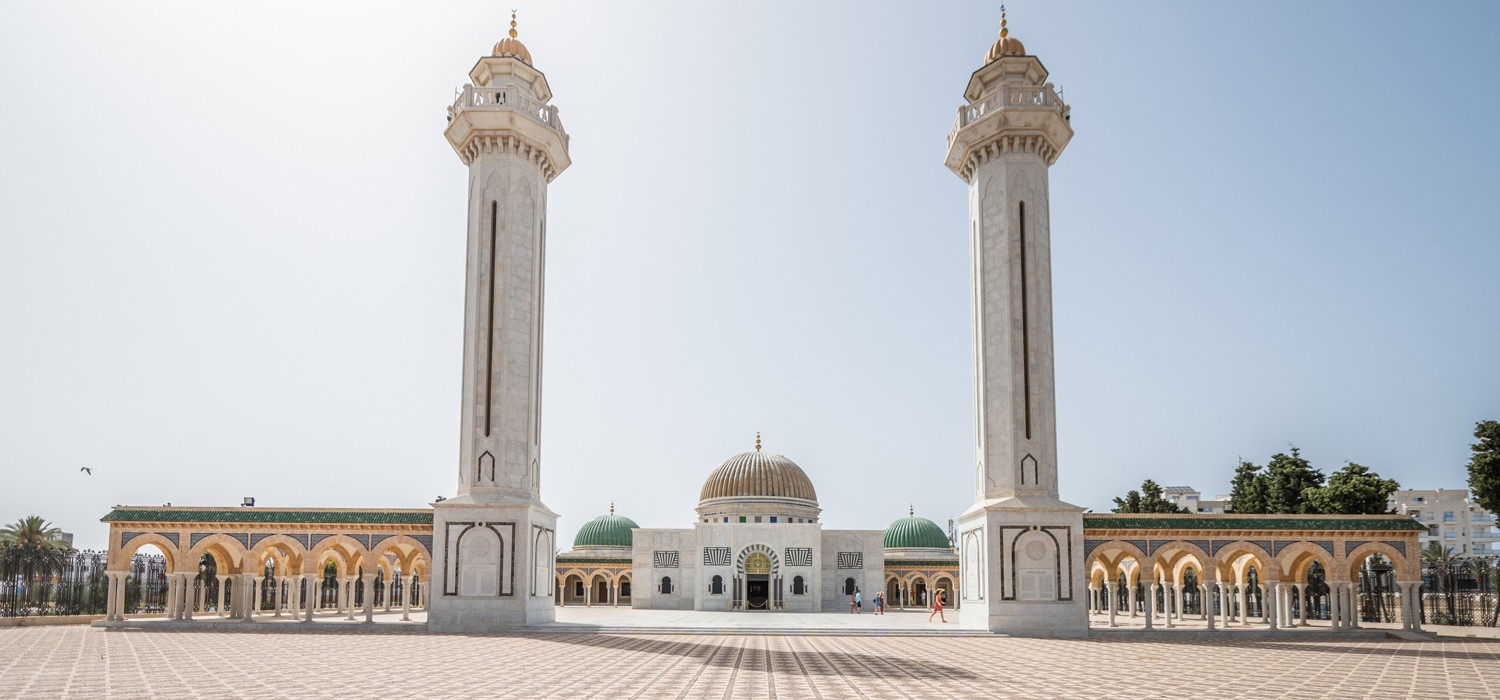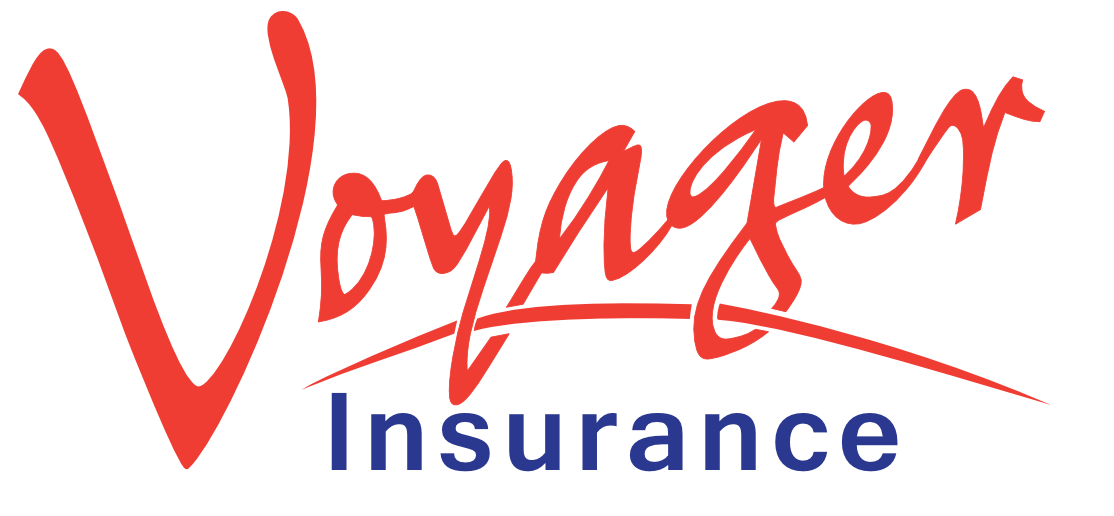Is Tunisia Safe to Visit? What You Really Need to Know
Posted in Travel on 23 July 2025

If you’ve been considering travel to Tunisia but held back because of news headlines, government warnings, or that friend who gave you the look when you mentioned it — you’re not alone.
Tunisia is often misunderstood. This North African gem offers an authentic experience with Mediterranean charm, the country is home to ancient Roman ruins, is the gateway to the Sahara Desert, and has golden beaches along its coastline—yet it still faces some hesitation from would-be travellers.
In this article, we’ll separate fact from fiction and share essential Tunisia travel tips. You’ll learn how to stay safe while travelling, which places to consider visiting in Tunisia, key cultural etiquette to know, and why travel insurance is important.
Misconception #1: “Tunisia isn’t safe for tourists”
Reality: It’s safer — and more stable — than many people think
Concerns about safety are understandable, but when it comes to Tunisia safety for tourists, the country has taken significant steps to improve security and rebuild its tourism infrastructure.
- Tourist areas like resorts, beaches and historical sites have a strong security presence
- Most incidents tourists face involve petty theft or scams— no different from Paris, Barcelona, or Marrakech
- Emergency services and healthcare are generally accessible in tourist areas
Tunisia Travel Safety Tips:
- Avoid leaving valuable items unattended anywhere especially in public places
- Stay alert in crowded areas and when using public transport
- Be cautious about accepting tours or services from unofficial guides, who may demand large sum of payment later
The truth: No destination is risk-free, but Tunisia is far from dangerous. Like anywhere, travel smart and stay aware.
Misconception #2: “Tunisia is only for beach holidays”
Reality: There’s so much more waiting beyond the coast
Yes, Tunisia is budget-friendly — and its beach resorts are undeniably popular. But to see it as only a package holiday spot sells the country short. What often surprises travellers is just how much depth Tunisia has when you look beyond the shoreline:
- Walk through the awe-inspiring Roman amphitheatre at El Djem — one of the best-preserved in the world, rivalling even the Colosseum
- Discover the spiritual heart of Tunisia in Kairouan, a UNESCO World Heritage Site rich in Islamic heritage
- Venture into the Sahara Desert for an unforgettable night camping under the stars
- Explore desert villages, oasis towns, and cinematic landscapes made famous by Star Wars in Matmata and Tataouine
- Wander through the medina of Tunis, where vibrant souks, historic mosques and Ottoman-era architecture offer a taste of everyday life and living heritage
The truth: Far from being just a beach break, Tunisia is a destination rich in culture, history, and adventure — ideal for curious travellers looking for more than sun loungers and resorts.
Misconception #3: “It’s culturally closed off to Westerners”
Reality: Tunisia is one of North Africa’s most open and accessible countries
Blending Arab, Berber, French, and Mediterranean influences, Tunisia offers a rare balance of tradition and openness — making it an easy and welcoming destination for Western travellers. Here’s what stands out:
Language is diverse and accessible
- Tunisian Arabic is the main language, but French is widely spoken — especially in cities and tourist areas
- English and German are also commonly understood in many resorts and by those working in tourism
Travelling independently is straightforward — even for solo women
- Tunisia is generally safe and accommodating, with many well-developed tourist areas used to international visitors
- Female travellers, especially in cities and coastal towns, often report feeling welcomed when dressing modestly and staying aware of local customs
- If you’re wondering is Tunisia safe for female tourists, the answer is yes — many women explore the country independently without issues, particularly in popular destinations where tourism is well established
Alcohol is available in many places
- While Tunisia is a Muslim-majority country, attitudes toward alcohol are relatively relaxed, particularly in hotels, licensed restaurants, and tourist hubs.
- That said, public drunkenness is frowned upon, and availability may be more limited in rural or conservative areas
Cultural etiquette to keep in mind:
- Modest dress is appreciated: women should cover their shoulders and legs, especially at religious sites. Men should avoid shorts in public or religious spaces
- Use your right hand for eating and greeting
- Keep public displays of affection to a minimum
The truth: Tunisia is a culturally rich and hospitable destination for respectful travellers. Many locals are warm and curious — especially if you greet them in Arabic or French.
Misconception #4: “It’s hard to get around and poorly connected”
Reality: Tunisia is surprisingly easy to navigate
Getting around Tunisia doesn’t require a backpacking degree or survival instincts. In fact, travelling within the country is often straightforward and affordable:
- Trains and buses connect major cities. Tunisia’s national rail network is safe, inexpensive, and generally reliable. Intercity buses also offer a good alternative for reaching towns and cities across the country.
- Taxis are widely available in urban and tourist areas. Just be sure to agree on a fare in advance or ask the driver to use the meter to avoid overcharging.
- Reputable tour operators cover remote areas. If you’re heading into the Sahara or other hard-to-reach spots, local tours make the experience hassle-free — often with added cultural insight and safety guidance.
The truth: With a bit of planning, it’s easy to explore Tunisia independently. But if you prefer a more structured experience, guided tours offer a convenient and insightful way to discover the country.
Misconception #5: “Travel insurance isn’t necessary if you’re just going to tourist areas”
Reality: Travel insurance is important no matter where you go in Tunisia
Some travellers assume that sticking to well-known tourist areas means there’s no need for travel insurance. But like any destination, Tunisia comes with its share of risks — from unexpected medical issues to lost baggage or trip delays.
- Medical care can be expensive. Clinics and hospitals may require upfront payment, and emergency repatriation to the UK — if medically necessary — can cost a lot.
- Your belongings and bookings need protection too. Baggage delays, theft, and cancelled flights can happen even in the most popular resorts.
- Natural events can disrupt your trip. Sandstorms, or sudden flooding can lead to cancelled excursions, transport delays, or changes to your itinerary.
The truth: Just because you’re staying in “safe” areas doesn’t mean nothing can go wrong. Travel insurance to Tunisia is a small cost for a big protection.
Final Thoughts on Travelling to Tunisia
So — is it safe to holiday in Tunisia? While every destination comes with its own considerations, Tunisia remains a rewarding place to explore for those who are informed, respectful, and travel with awareness.
For many, it’s the perfect mix: an affordable destination rich in culture and history, with fewer crowds than other North African hotspots. From ancient ruins and bustling medinas to desert adventures and golden beaches, Tunisia offers a diverse and authentic travel experience.
If you're looking to go beyond the usual package holiday and discover somewhere that’s both surprising and real, Tunisia is well worth a place on your list.
Get Peace of Mind with Voyager Plus Travel Insurance
Voyager Plus policies offer four levels of cover, including Single Trip and Annual Multi-Trip Travel Insurance options, access to GP on Demand, and include cover for the following:
- Emergency Medical Expenses – up to £10 million
- Cancellation Cover – up to £10,000
- Baggage Cover – up to £3,500
- 100s of activities covered as standard
- And so much more!
Click here to find out more about our Voyager Plus Travel Insurance.
This article is for information and entertainment purposes only. It does not constitute advice in any way. The information provided here is correct at the time of writing however please check the latest policy wording for the latest terms, conditions, and exclusions.
Other Related News Articles...
- Understanding Your Travel Insurance Excess
- What to Know About the New Helmet Rules in Italy
- Your Guide to the EU Entry/Exit System for Trips to Europe


